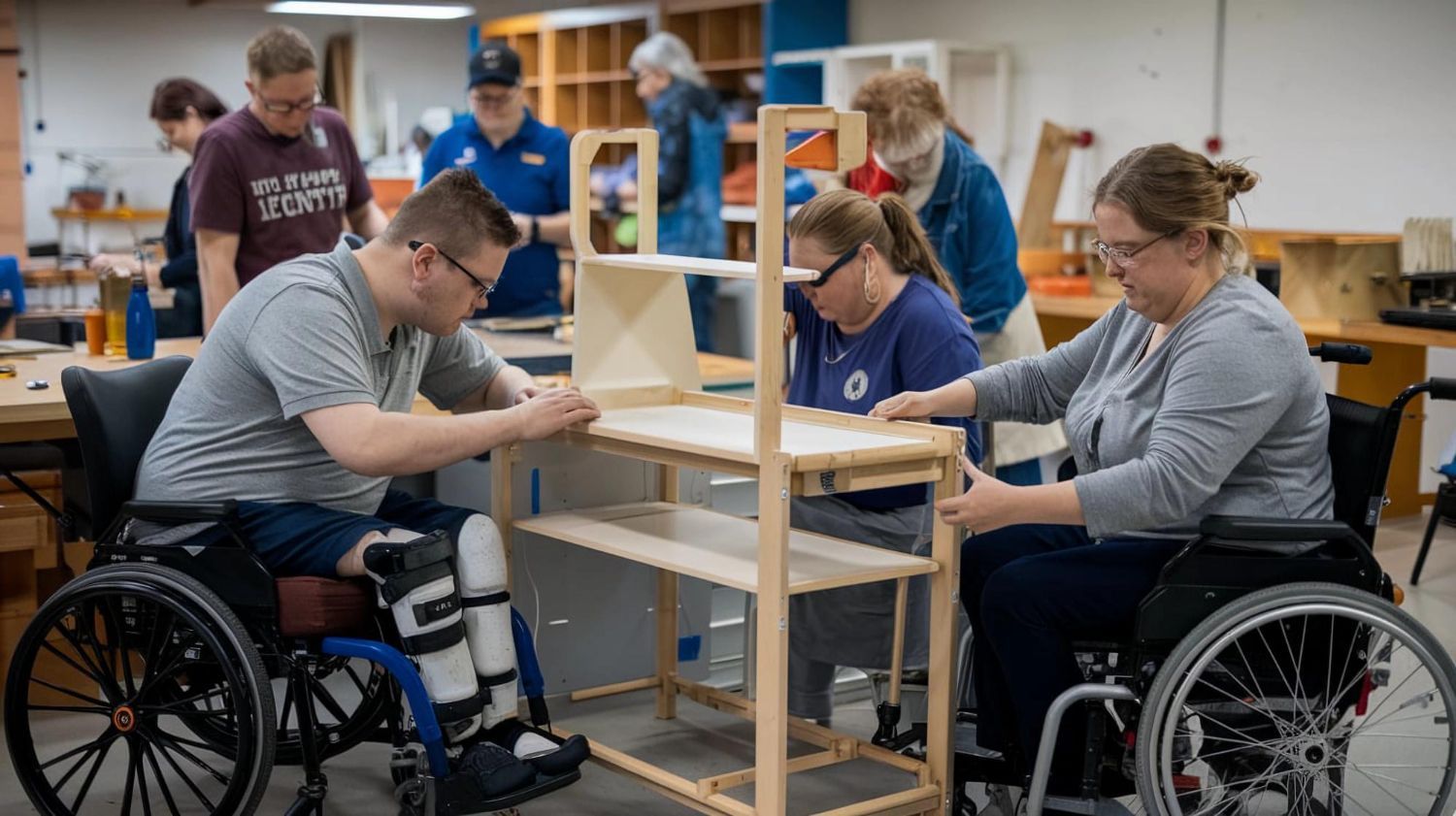Bridging the Experience Gap: Supporting Entry Level Candidates into Meaningful Employment
In an increasingly competitive job market, entry level candidates often face significant hurdles in launching their careers. While industries across Australia report talent shortages, many early career professionals still struggle to gain meaningful employment due to a lack of experience, limited networks, and uncertainty about how to translate their potential into real value for employers.
Pathway Talent recognises this disconnect and is actively working to bridge the experience gap. Through tailored recruitment strategies, mentorship opportunities, and a strong focus on skill-based hiring, Pathway Talent helps both businesses and job seekers create successful first employment experiences.
Understanding the entry level challenge
One of the biggest challenges entry level candidates face is the paradox of needing experience to get a job, while also needing a job to gain that experience. Recent graduates, young professionals, and individuals transitioning from education or training programs often find themselves competing with more experienced applicants for the same roles.
At the same time, many employers express frustration about the lack of work readiness or practical skills among entry level applicants. This gap between academic qualifications and workplace expectations can discourage businesses from taking a chance on a new hire.
However, in sectors like healthcare, logistics, administration, and customer service, where demand is high, there is real opportunity for entry level hiring. But this potential often remains unrealised unless agencies actively support and prepare these candidates.
Pathway Talent’s solution-focused approach
Pathway Talent is transforming how businesses view entry level recruitment. Instead of relying solely on resumes or credentials, the agency works with employers to define clear expectations and prioritise soft and transferable skills.
For job seekers, Pathway Talent offers coaching, resume assistance, and interview preparation. This includes helping candidates present their personal strengths, demonstrate reliability, and showcase examples of adaptability or teamwork from academic, volunteer, or life experiences.
Where possible, Pathway Talent encourages employers to consider short-term trial placements or paid training periods. These allow new hires to demonstrate their capabilities on the job without the pressure of being fully productive immediately. Many of these placements result in long-term employment and career growth.
Skills and potential over qualifications
One of Pathway Talent’s strengths lies in its commitment to hiring based on potential. Employers are encouraged to focus on motivation, coachability, and cultural fit, rather than relying exclusively on past job titles or tertiary qualifications.
For example, a young job seeker who has taken initiative through freelance work, volunteered in their community, or managed responsibilities in a family business may lack formal employment experience but still demonstrate excellent leadership, time management, and interpersonal skills. Pathway Talent helps uncover and highlight these abilities.
Supporting long-term development
Securing a job is just the beginning. Pathway Talent supports both the candidate and employer throughout the placement, ensuring there is clear communication, feedback, and ongoing development. This helps candidates adjust to the workplace, identify areas for improvement, and build confidence early in their career.
Employers benefit from reduced turnover, stronger engagement, and a workforce that is trained to align with their operational needs from the outset. This kind of support helps entry level employees thrive and become loyal, high-performing team members.
Building employer confidence
Understandably, some businesses are cautious about hiring staff without prior experience. Pathway Talent builds trust by carefully screening candidates, providing context for their strengths, and offering options such as trial shifts to allow employers to evaluate suitability before making longer commitments.
The agency also works with businesses to develop onboarding processes that ease new hires into the role. This structured approach significantly improves retention and helps employers feel confident that they are making informed hiring decisions.
Creating an inclusive and dynamic workforce
By empowering entry level candidates, Pathway Talent is contributing to a more inclusive and future-ready workforce. This approach benefits job seekers who may otherwise be overlooked, such as young people without networks, those from culturally diverse backgrounds, or individuals returning to the workforce after a break.
Australia needs motivated, adaptable workers, and entry level job seekers represent a large untapped segment of that potential. Supporting them into employment is not just a matter of social responsibility. It also makes good business sense.
Final thoughts
Pathway Talent’s mission to bridge the experience gap is reshaping the future of workforce development. By helping employers tap into the energy and commitment of entry level candidates, and by giving those candidates the support they need to succeed, Pathway Talent is creating career pathways that benefit everyone.
If your business is looking to invest in the next generation of talent, now is the time to make that first step count, with the right guidance, that first hire can become a future leader.











